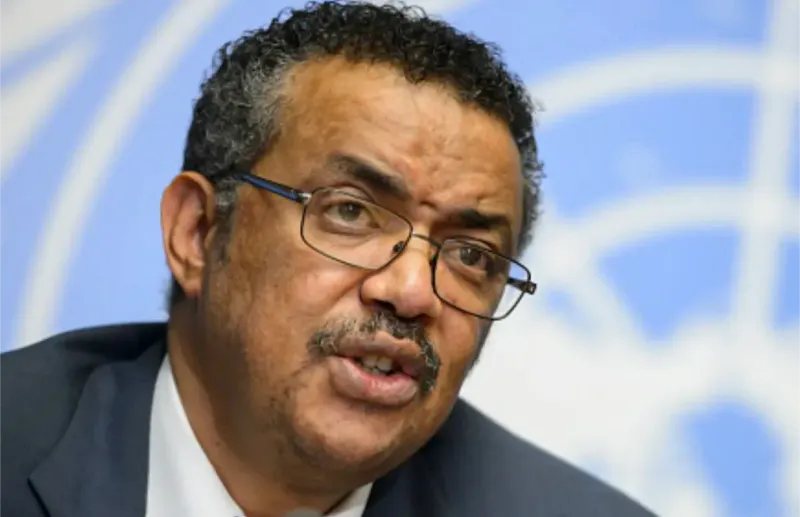
The World Health Organization (WHO) has unveiled new global guidance to help countries cope with the severe and sudden reductions in external health funding that are endangering essential services across many low- and middle-income countries (LMICs).
Titled “Responding to the Health Financing Emergency: Immediate Measures and Longer-Term Shifts,” the document outlines policy actions to help governments deal with current financial shocks while building stronger, more self-sustaining health systems.
According to WHO, external health assistance is expected to fall by 30 to 40 per cent in 2025 compared to 2023, a decline that has already led to serious disruptions in critical areas such as maternal and child care, vaccination, disease surveillance, and emergency preparedness.
A WHO survey carried out in March 2025 across 108 LMICs found that essential services in some countries have been reduced by up to 70 per cent, while more than 50 countries reported job losses among health and care workers, as well as interruptions to health worker training programmes. “Sudden and unplanned cuts to aid have hit many countries hard, costing lives and jeopardising hard-won health gains,” said Dr Tedros Adhanom Ghebreyesus, WHO Director-General. “But within this crisis lies an opportunity, an opportunity for countries to transition from aid dependency to sustainable self-reliance, grounded in domestic resource mobilisation. WHO’s new guidance will help governments better mobilise, allocate, and use funds to protect the most vulnerable and sustain essential services.”
The report emphasises that the current funding crisis compounds long-standing weaknesses in health financing, including high public debt, inflation, economic instability, chronic underinvestment, heavy out-of-pocket costs, and overdependence on donor support.
To address these challenges, WHO is urging governments to view health not as a cost, but as a strategic investment in social stability, human dignity, and economic resilience. The guidance calls for countries to safeguard health budgets even during fiscal tightening and to make health spending a political and fiscal priority.
Key recommendations include:
- Prioritising services used by the poorest and most vulnerable groups.
- Ring-fencing essential health budgets from cuts.
- Improving efficiency through smarter procurement, reduced administrative overheads, and strategic purchasing.
- Integrating donor-funded and disease-specific programmes into comprehensive primary health care systems.
Using health technology assessments to focus spending on interventions that deliver the greatest impact per dollar.
The guidance also highlights countries taking early steps to strengthen domestic health financing. Nigeria has boosted its national health budget by US$ 200 million to compensate for declining donor funds, with new allocations for immunisation, epidemic preparedness, and other priority public health programmes.
In Ghana, the government lifted the cap on excise tax revenue earmarked for the National Health Insurance Authority, leading to a 60 per cent increase in its budget. It also launched “The Accra Reset,” a new initiative aimed at reimagining global governance, financing, and partnerships in health and development.
Kenya, Nigeria, and South Africa have either approved or proposed additional budget allocations to sustain health services amid the contraction of external support.
In Uganda, the government has developed a policy agenda to integrate health services and programmes, a move designed to improve efficiency, reduce duplication, and ensure continuity of care. This approach aligns with the country’s broader strategy to strengthen primary health care and reduce reliance on donor-funded vertical programmes.
WHO warns that as international aid recedes, countries’ ability to adapt and mobilise domestic resources will determine whether decades of progress toward universal health coverage and resilient health systems are protected or reversed.



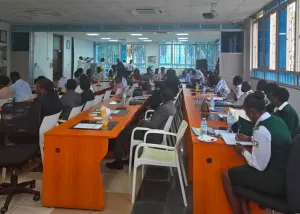

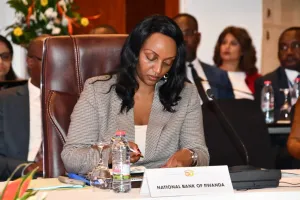




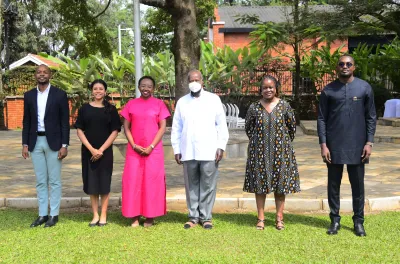

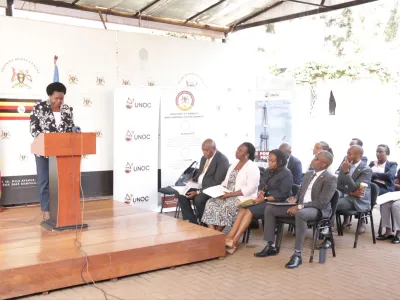
Roswell Mbabazi
Leave a Comment
Your email address will not be published.